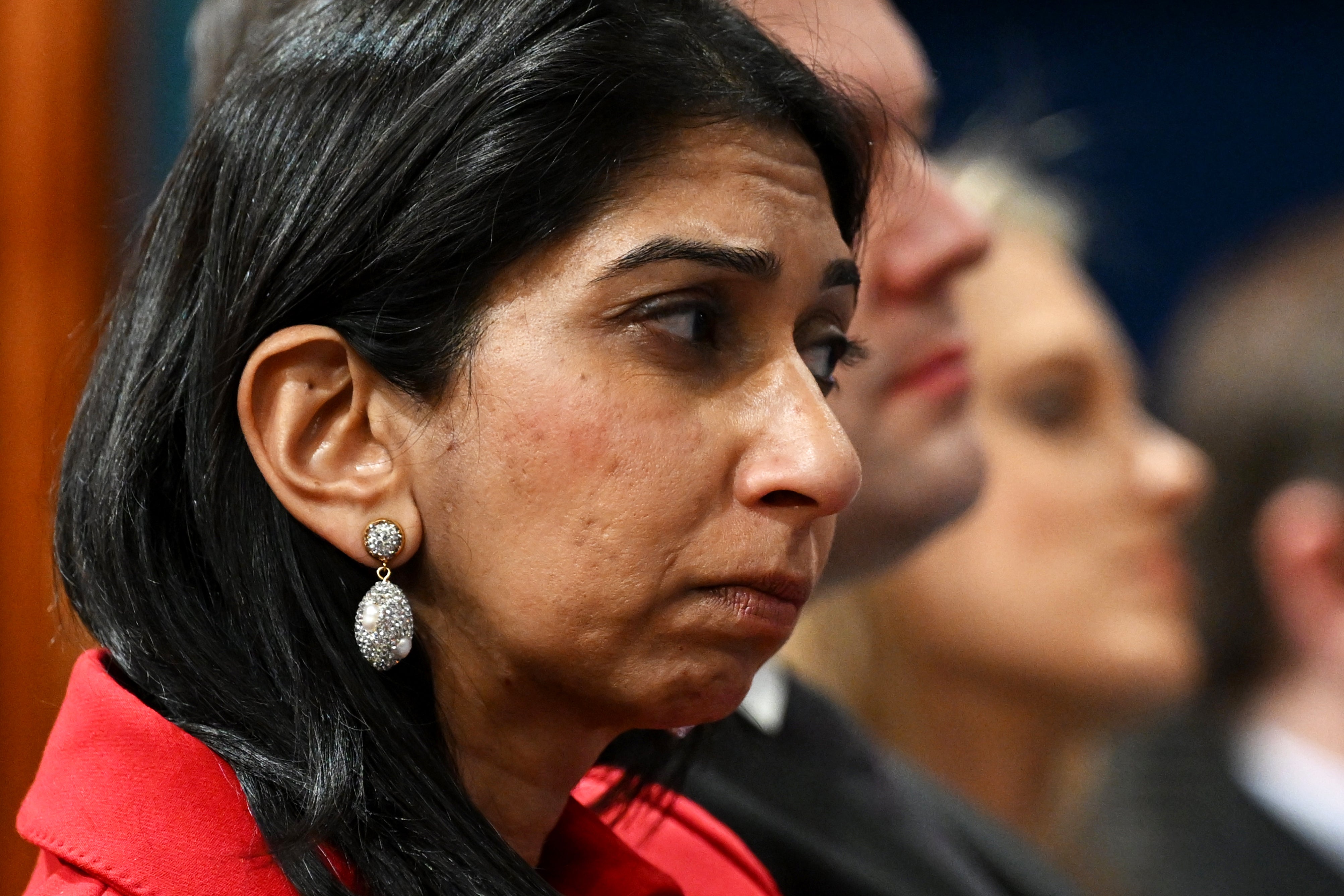Want to solve the small boats crisis? Here are the workable options
Creating a humane and fair system for all seeking refuge is not only the right thing to do, it is also the most practical, writes Dr Emilie McDonnell of Human Rights Watch


The new law the government has proposed this week that would ban people who cross the English Channel by boat – or arrive by other so-called irregular means – from claiming asylum in the UK won’t work.
Asylum seekers would be detained en masse; deported to their home country, or Rwanda, or another country the government has deemed safe; and banned from ever re-entering Britain. They would be stripped of almost all appeal rights. The only exceptions in this sweeping bill are for unaccompanied children, and for people who are subject to specific exceptional circumstances, including those who claim they would suffer serious and irreversible harm if they were removed.
Contrary to the narrative the government likes to push, it is not illegal to seek asylum, and it is irrelevant how a person arrived in the UK. What is illegal is the government’s cruel and draconian plan.
The bill seeks to penalise people who are left with few options but to undertake such a dangerous journey across the Channel. The 1951 Refugee Convention, an international treaty to which the UK is a party, expressly prohibits penalising asylum seekers and refugees on account of their irregular entry. And in stripping the ability of asylum seekers to meaningfully challenge their removal in most cases, the government may breach its obligation not to expel people to places that are unsafe and where they could face serious human rights abuses, such as Rwanda. The bill would also breach the right of asylum seekers to an effective remedy.
This deplorable proposal is nothing more than an attempt by the government to score political points by using the age-old playbook of stoking fear and division. In recent weeks, the UK has been shaken by violent attacks by members of far-right and anti-immigrant groups on hotels housing asylum seekers. Unions have accused the government of emboldening such groups with its inflammatory rhetoric against asylum seekers and other migrants.
The government knows full well that its proposal is unworkable and ineffective, and that it amounts to a flagrant breach of its obligations under the Refugee Convention and the European Convention on Human Rights. The bill even includes a concession from the government that the new law may breach the European Convention.
In 2022, the government passed the Nationality and Borders Act, promising that it would put an end to small-boat crossings. This law is full of egregious provisions, such as criminalising the actions of asylum seekers rescued or intercepted at sea. But small-boat crossings have not ended, and it is abundantly clear that policies centred on criminalisation, deterrence and expulsion do nothing to solve the issues at hand.
The reality is that, for people arriving on Britain’s shores, a boat is often their only path to safety. Beyond limited schemes for Ukrainians, some Afghans, and some people from Hong Kong – which are positive developments but have been plagued with problems – and the UK’s formal resettlement schemes, most asylum seekers and refugees are unable to travel safely to the UK, including those who have family here.
In the last quarter of 2022, Afghans accounted for the largest group of people by nationality crossing the Channel, yet only 22 Afghans were resettled during the year under the UN pathway of Britain’s Afghan citizens resettlement scheme. Meanwhile, despite the UK government speaking out against the horrific human rights violations in Iran, only nine Iranians were resettled last year through the UK resettlement scheme, even though Iranians are among the top five nationality groups crossing by boat.
If the government is serious about reducing deaths at sea, dangerous Channel crossings, and tackling people-smuggling and trafficking, denying people access to asylum in the UK and detaining them at huge cost is not the answer. It will simply push asylum seekers to take ever more dangerous and hidden journeys to enter the UK, while doing nothing to address the government’s failure to ensure a well-functioning and properly resourced asylum system.
A more workable solution is for the UK to provide sufficient safe routes for asylum seekers and migrants to travel to the UK, such as humanitarian visas, expanded resettlement schemes, and pathways for family reunification, work or study. The UK also needs to work with other countries, both regionally and globally, to share responsibility for the world’s refugees – not close its doors. Let us not forget that the UK receives far fewer asylum claims than many of its European neighbours, including Germany and France.
Instead of pursuing this cruel and unworkable bill and fuelling fear and division, the government should be focused on fixing the UK’s strained and malfunctioning asylum system. Creating a humane and fair system for all seeking refuge is not only the right thing to do: it is also the most practical.
Dr Emilie McDonnell is the UK advocacy coordinator at Human Rights Watch and holds a DPhil in law from the University of Oxford






Join our commenting forum
Join thought-provoking conversations, follow other Independent readers and see their replies
Comments